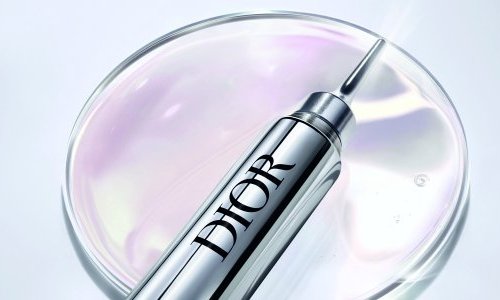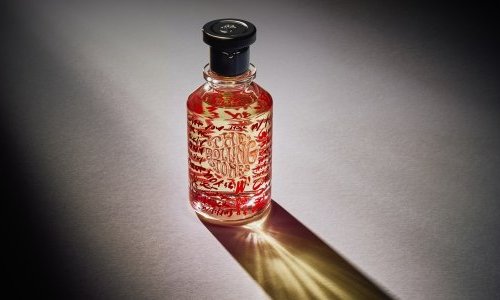
As intellectual property rights are being challenged all over the Internet, Pin thought of the 12/10/2013 French Court of Cassation’s decision to refuse the protection of perfume copyrights [1] as a “perfume liberation”. The company then presented its activity as operated by a “handful of mavericks” describing themselves as “adventurers armed simply with an idea, a vision: essences have never had owners”.
The www.pirate-parfum.fr website thus provided Internet users with a search engine so that they could find the references of an alternative fragrance (Pirate) by typing the name of a well-known perfume. In short, it was like a modern version of the “concordance tables” that French lawyers in industrial and commercial property used to hunt down on small town markets.
A crime of infringement
Twenty companies owning the brands used issued a writ against Pin. The company defended itself mainly by maintaining it used these brands for purely descriptive and comparative purposes. The Court rejected this argument, considering in its judgment that “word marks in the comparative lists published are not used for purely descriptive purposes, but for advertising purposes”, thus enabling Pin to “unduly take advantage of the (…) brands, the said brands being known for identifying fragrances associated with a world of prestige, and which were subject to massive marketing investments Pin could spare itself, while benefitting from them through the system of access to products it set up”, and “damaging the communication, investment or advertising function attached to the brands concerned”.
All in all, Pin does not refer to the brands it mentions in order to compare its own products, but to profit from their fame by sparing itself the marketing design and development costs their owners did meet to become as famous as they are now.
The judges considered the brand infringement was blatant, and therefore imposed on the defendant a fine of €564,000 for damages on account of “the damage to their brands as a result of the infringement acts”, and of €640,000 on account of “the loss of earnings as a result of the infringement acts”. They also obliged Pin to cease any use of the litigant brands on its website.
Neither liar nor deceiver
However, judges rejected the “misleading advertising” grievance, as they considered nothing established the falsity of the information published on the www.pirate-parfum.fr website, in particular regarding the mention stating the geographical origin (Italian and/or French) of the alternative fragrances available.
More surprisingly, the judges also refused to consider the mentions “three times cheaper” and “the only label which is able to guarantee 95 % product costs for 5 % marketing costs, whereas this trend is completely the opposite for all others” disparaging, on the ground that “consumers reasonably well-informed of commercial practices (…), particularly when it comes to luxury products, know that a significant part of the price results from the investments made for their design, advertising and place of distribution, so they are not surprised to see a product imitating a premium brand perfume (…), which did not get the same publicity, is cheaper”.
This decision contributes to reinforcing brands’ rights when dealing with the – often aggressive – practices of some website operators, and that is rare enough a ruling to be welcomed.




























